
Circle of Friends – Interview with Davide Clementi
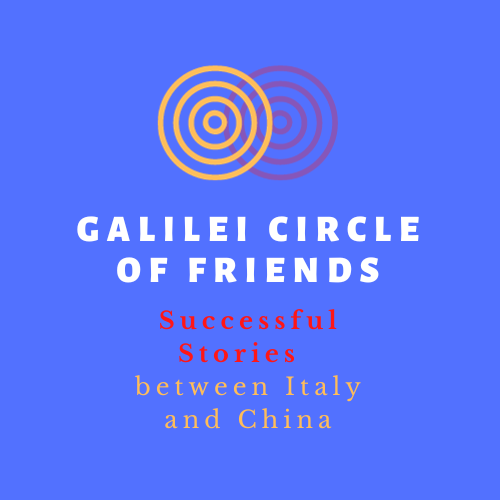
Today we bring you the story of Davide Clementi, currently a PhD student in Comparative Private Law at the Department of Law of the University of Macerata, where, under the guidance of Professor Laura Vagni, he is engaged in a doctoral project on the comparative analysis of the implementation of innovative technologies in the Italian creative and cultural industry, examining how these interact with the legal systems and markets of Asian countries, with particular attention to the People’s Republic of China.
Davide therefore focuses on the legal relations between Italy and East Asian systems, with a particular focus on the impact of technology and innovative technologies – thinking of blockchain and artificial intelligence – on the production, protection and control of culture.
Furthermore, among the research topics that he investigates, always in a comparative perspective, there are the regulation of privacy, the digital economy and environmental law issues from the point of view of relationships between private individuals. His research topics focus on the Chinese legal system, in particular on the regulation of privacy, digital economy and environmental protection.
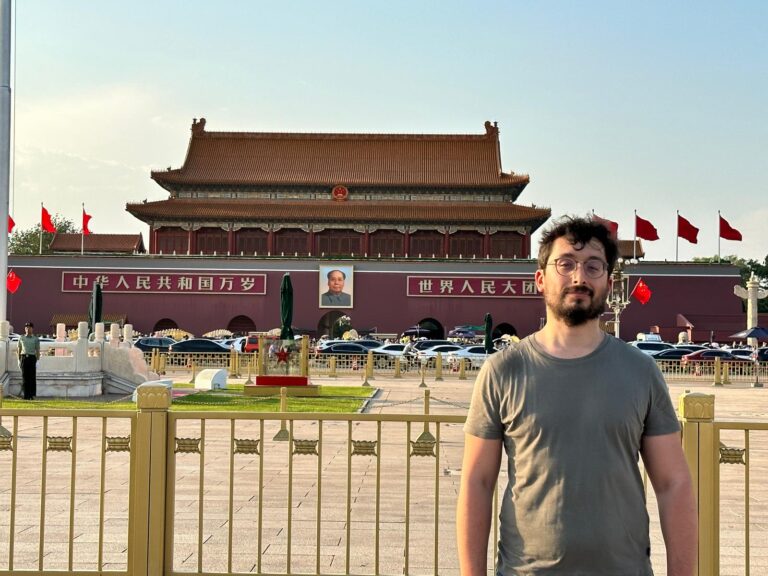
What is your relationship with China? Have you been there recently, have you worked in China? Do you collaborate with Chinese colleagues?
My relationship with China is deep and is nourished by an academic and cultural interest that pushed me to immerse myself in its fascinating legal universe. I spent six months as a visiting scholar at the School of Law of Beijing Normal University, where I had the pleasure of collaborating with Professor Hu Junhong. During the same period, I had the pleasure and honor of being able to collaborate with the Italian Cultural Institute and its director, Professor Federico Roberto Antonelli. The side of “law in the books” and “law in action” that I had the opportunity to explore allowed me to give a different and on-the-ground caliber to my studies on the Chinese legal system and to collaborate with local colleagues.
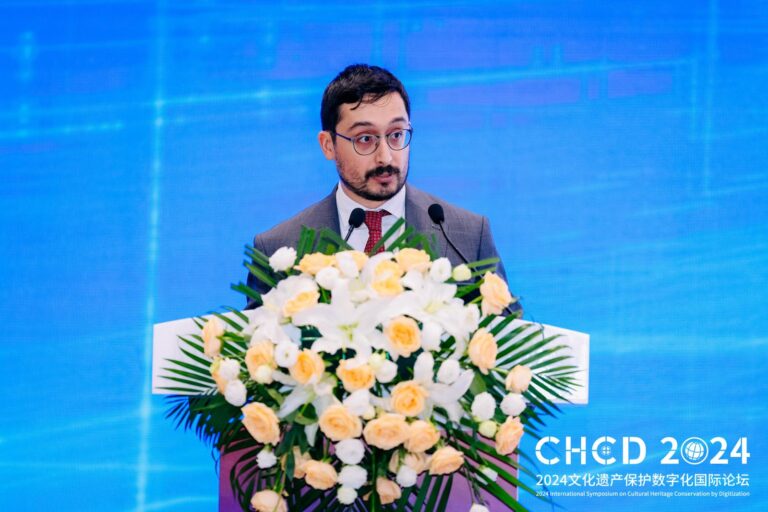
Tell us about the Beijing Symposium you attended last July – What was your contribution? Is it related to the cooperation between Italy and China on the topic of Cultural Heritage?
At the proposal of the Italian Embassy to the People’s Republic of China, in the second half of July 2024 I was invited to participate in a nice panel of Italian professionals in the context of the International Symposium on Cultural Heritage Conservation by Digitalization at Tsinghua University in Beijing. On this occasion, I presented a contribution entitled “The Role of Law in Promoting Sustainable Digital Access to Cultural Heritage – Insights from Italy“, attempting to explore the fundamental role that law plays in promoting sustainable digital access to cultural heritage and analyzing the regulatory challenges and opportunities offered by the integration of innovative technologies in the Italian cultural sector.
I highlighted how the Italian legal experience can offer valuable insights for the development of shared strategies with China, promoting deeper cooperation in the field of protection and enhancement of cultural heritage: examples of this are the Chinese proposed law on the promotion of the cultural industry and the promulgation, in Italy, of the law on the enhancement of Made in Italy, which for the first time regulates cultural and creative enterprises. This deeply multidisciplinary symposium represented an important platform for dialogue, in which Italian and Chinese perspectives intertwined, mutually enriching each other.
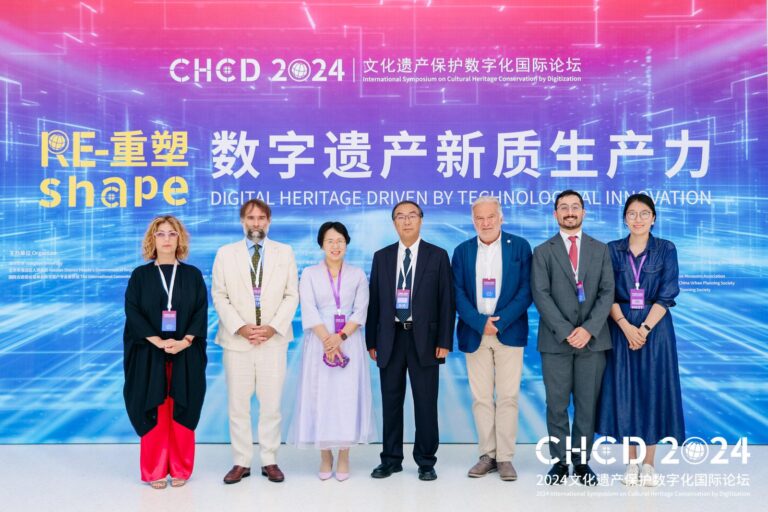
In your field of specialization, what are the opportunities for cooperation between Italy and China in the protection of artistic and cultural heritage?
The opportunities for cooperation between Italy and China in the protection of artistic and cultural heritage are immense and full of potential. Both countries, custodians of ancient civilizations and an invaluable heritage, face common challenges in the preservation and promotion of their cultural heritage in an increasingly globalized and technologically advanced world. Legal comparison is an essential tool for understanding the peculiarities of the respective legal systems and for identifying innovative solutions that can be adapted to different contexts. The shared, free and reciprocal adoption of digital technologies for the conservation and dissemination of cultural heritage opens new avenues for collaboration, allowing us to overcome geographical and cultural barriers, and to make the artistic riches of both nations accessible to a global audience. I am thinking, for example, of the possibility of developing joint digitization projects, exchanging experiences in restoration and conservation, and promoting initiatives that enhance cultural traditions in a contemporary perspective. At the same time, however, we must also look at the potential risks that technologies pose, especially for the most vulnerable categories, such as the elderly, people with visual or reading problems, and marginalized social strata. Technology also risks creating new exclusions from the enjoyment of immersive cultural experiences.
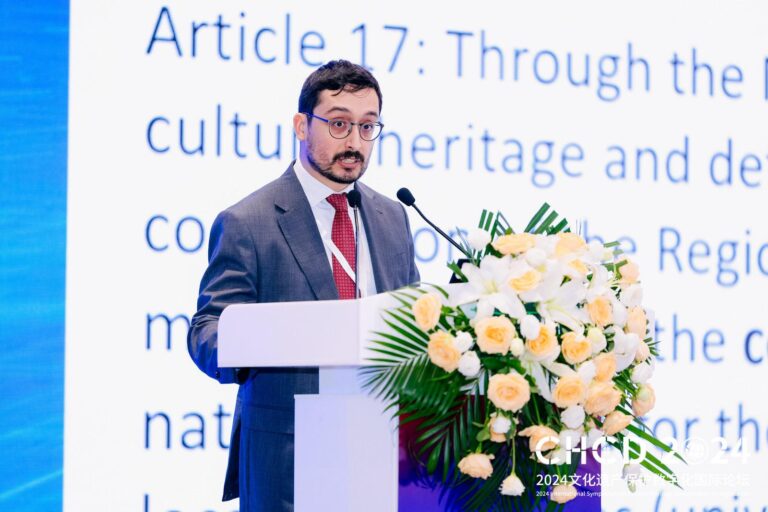
What did you learn from your experience at the Sympusium?
Participating in the symposium at Tsinghua University was a deeply enriching experience, which allowed me to deepen my understanding of the intricate interactions between law, technology and culture. I learned how China is investing vigorously in research and digitization of cultural heritage, developing advanced strategies to integrate innovative technologies in the conservation and promotion of its historical riches. The exchange with academics and professionals from different parts of the world offered me new perspectives on the challenges and opportunities that emerge in this field, strengthening the belief that open and inclusive dialogue and international collaboration are essential to address the complexities of the contemporary world, made up of intersections between knowledge that are often considered inaccessible to each other.
In general, how do you think Italy and China can collaborate in the cultural, artistic and tourism fields?
I believe that Italy and China can continue a fruitful and long-lasting collaboration in the cultural, artistic and tourism fields, based on mutual respect, mutuality, and the valorization of their respective traditions. The promotion of cultural exchanges, joint Sino-Italian productions, the implementation of joint educational programs and the development of Sino-Italian research projects can significantly contribute to strengthening the ties between our countries. Cooperation in the protection of artistic and cultural heritage, through the adoption of innovative technologies and the development of common strategies, can represent a key element to preserve and enhance our cultural heritage in a global context. Furthermore, cultural tourism can be promoted through initiatives that highlight the affinities and diversities of our artistic traditions, offering visitors enriching, stimulating and sustainable experiences. Legal comparison, in this process, plays a central role, allowing us to understand and harmonize the different regulatory perspectives and to imagine a common substratum on which to build a shared future. I am convinced that, through an open and constructive dialogue, it is possible to develop projects and initiatives that contribute not only to the protection of cultural heritage, but also to the promotion of common values and the construction of a bridge between our cultures, as Marco Polo, Matteo Ricci and the many who work every day between Italy and China have been able to show us.
Interview by Marco Bonaglia



